-
 UV11W High-efficiency Intelligent UV Water Sterilizer Cat:Ultraviolet Water Sterilizer
UV11W High-efficiency Intelligent UV Water Sterilizer Cat:Ultraviolet Water SterilizerThe UV11W High-efficiency Intelligent UV Water Sterilizer is an advanced water purification system that offers convenience and reliability. This steri...
See Details -
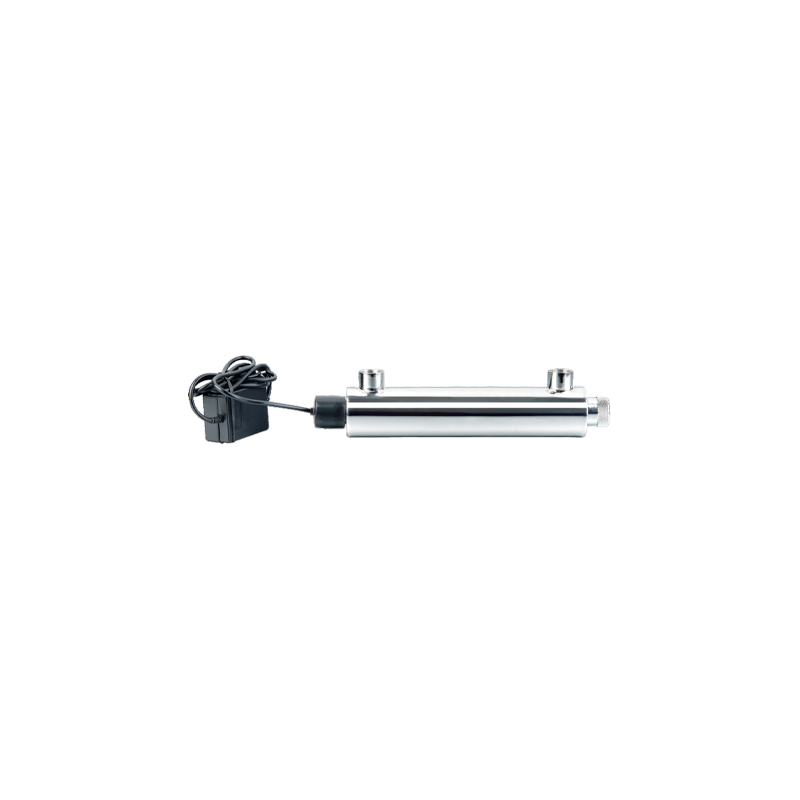 UV16W-A Household Stainless Steel UV Water Sterilizer Cat:Ultraviolet Water Sterilizer
UV16W-A Household Stainless Steel UV Water Sterilizer Cat:Ultraviolet Water SterilizerThe UV16W-A Household Stainless Steel UV Water Sterilizer is an innovative solution for ensuring safe and pure water in your home. Designed with durab...
See Details -
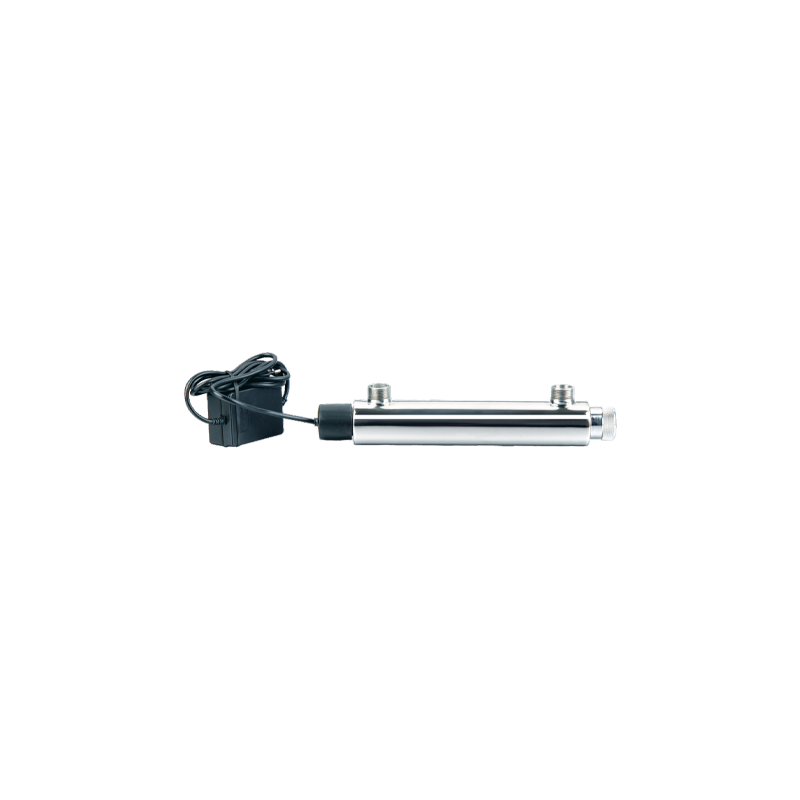 UV16W-B 304 Stainless Steel Water Purifier Ultraviolet Water Sterilizer Cat:Ultraviolet Water Sterilizer
UV16W-B 304 Stainless Steel Water Purifier Ultraviolet Water Sterilizer Cat:Ultraviolet Water SterilizerUV16W-B 304 Stainless Steel Water Purifier Ultraviolet Water Sterilizer is an efficient water treatment equipment based on advanced ultraviolet disinf...
See Details -
 UV25W Stainless Steel Ultrafiltration Pre-Filtration UV Sterilizers For Water Cat:Ultraviolet Water Sterilizer
UV25W Stainless Steel Ultrafiltration Pre-Filtration UV Sterilizers For Water Cat:Ultraviolet Water SterilizerUV25W Stainless Steel Ultrafiltration Pre-Filtration UV Sterilizers For Water uses high-quality stainless steel materials, which have superb corrosion...
See Details -
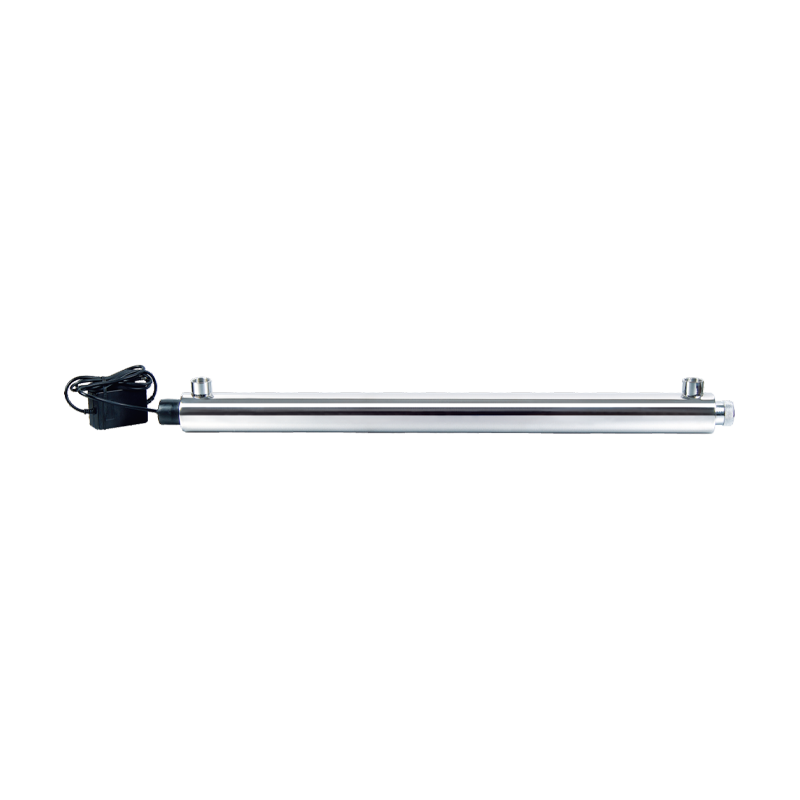 UV30W-55W Automatic Ultraviolet Sterilizer UV Filtration For Drinking Water Cat:Ultraviolet Water Sterilizer
UV30W-55W Automatic Ultraviolet Sterilizer UV Filtration For Drinking Water Cat:Ultraviolet Water SterilizerThe core advantage of UV30W-55W Automatic Ultraviolet Sterilizer UV Filtration For Drinking Water lies in its efficient and rapid disinfection capabil...
See Details -
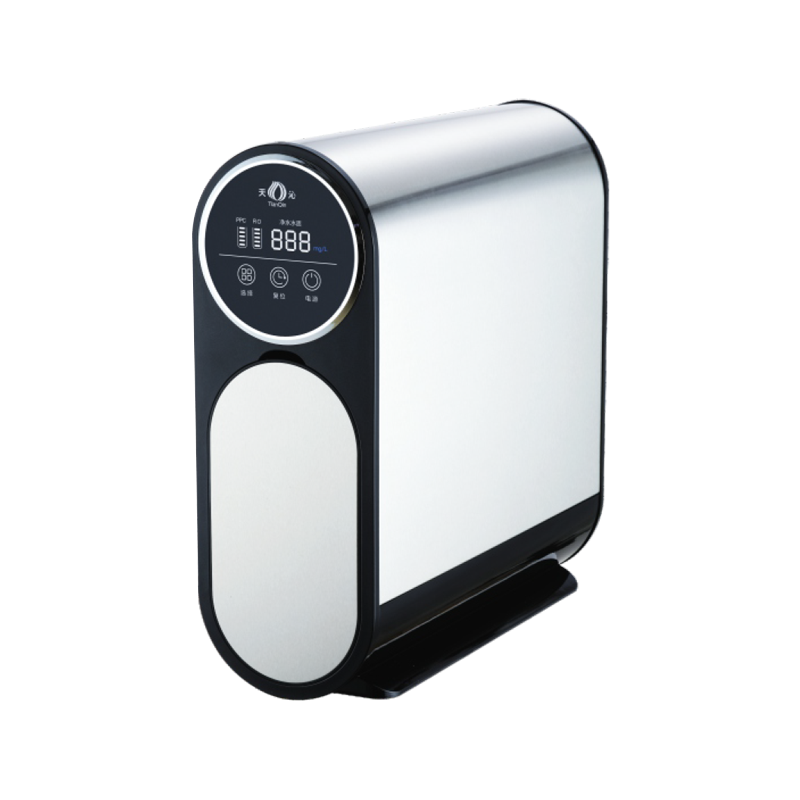 TQ-R03 Stainless Steel Booster Double Water Full Effect RO Water Purifier Cat:Stainless Steel Ro System
TQ-R03 Stainless Steel Booster Double Water Full Effect RO Water Purifier Cat:Stainless Steel Ro SystemTQ-R03 Stainless Steel Booster Double Water Full Effect RO Water Purifier is a household water purification device that combines efficient water purif...
See Details -
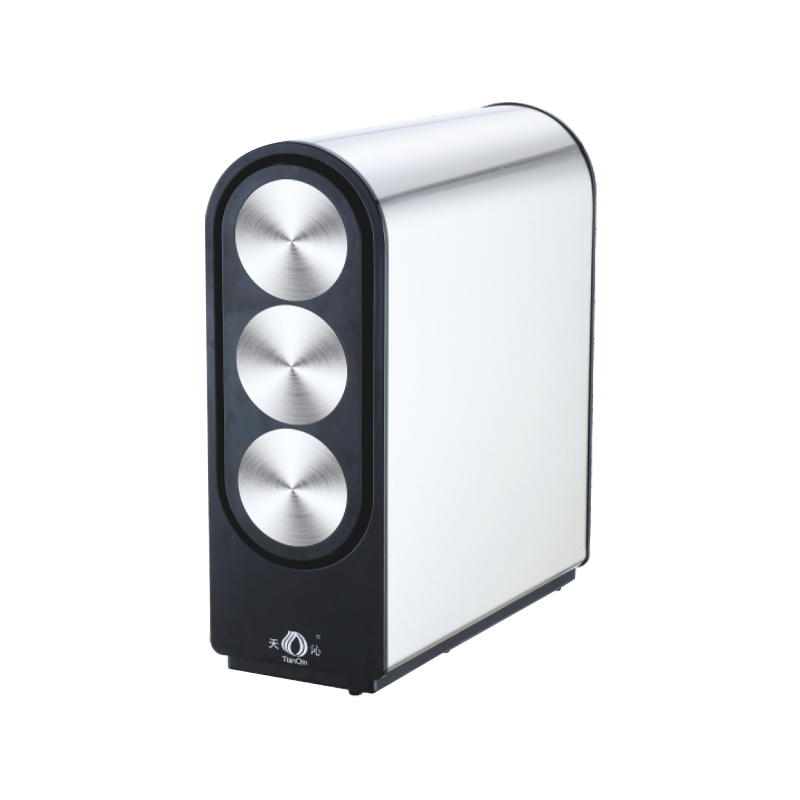 TQ-R05 Multifunctional Water Purification Source RO Water Purifier Cat:Stainless Steel Ro System
TQ-R05 Multifunctional Water Purification Source RO Water Purifier Cat:Stainless Steel Ro SystemThe TQ-R05 Multifunctional Water Purification Source RO Water Purifier is an advanced, versatile water purification solution designed for households a...
See Details -
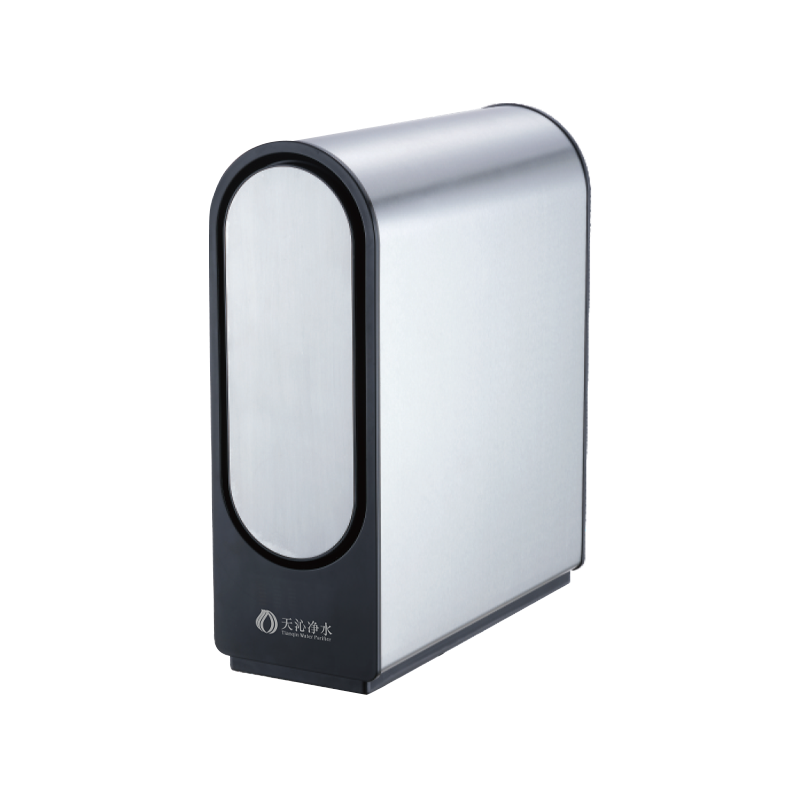 TQ-R06 Stainless Steel Environmentally Friendly RO Water Purifier Cat:Stainless Steel Ro System
TQ-R06 Stainless Steel Environmentally Friendly RO Water Purifier Cat:Stainless Steel Ro SystemThe TQ-R06 Stainless Steel Environmentally Friendly RO Water Purifier combines advanced RO filtration technology, durable stainless steel housing, and...
See Details -
 Stainless Steel Pure Double Water Pipe Water Purifier Cat:Stainless Steel Pipeline Water Purifier
Stainless Steel Pure Double Water Pipe Water Purifier Cat:Stainless Steel Pipeline Water PurifierThe Stainless Steel Pure Double Water Pipe Water Purifier is an advanced water purification system designed to provide dual-mode purified water with e...
See Details -
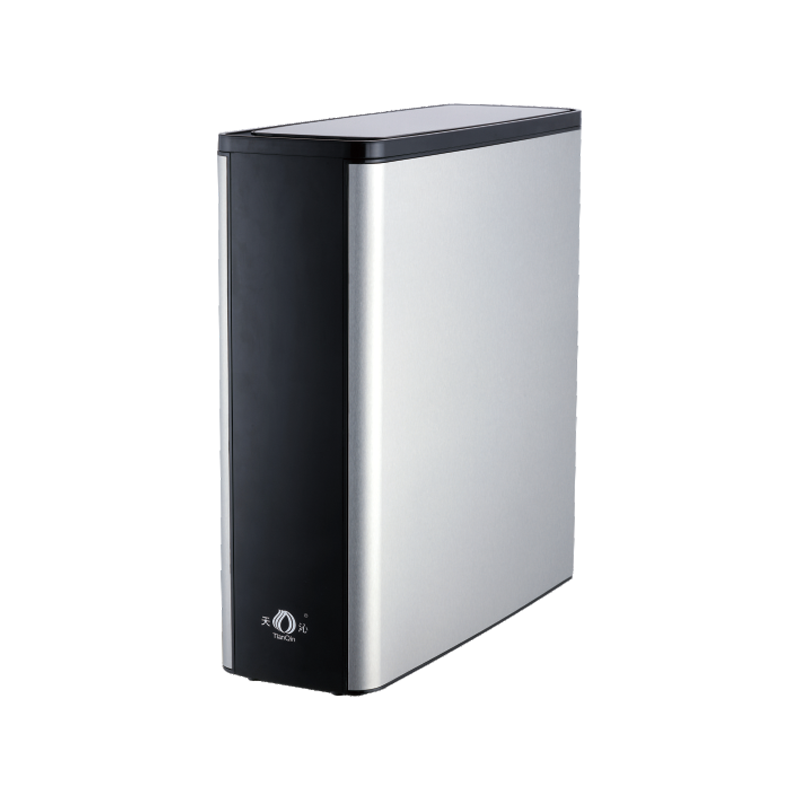 TQ-R08 Stainless Steel High-Flow RO Water Filter Cat:Stainless Steel Ro System
TQ-R08 Stainless Steel High-Flow RO Water Filter Cat:Stainless Steel Ro SystemThe Stainless Steel High-Flow RO Water Filter (TQ-R08) provides a powerful and effective solution for purifying drinking water, combining advanced rev...
See Details
Can water faucet filters effectively remove harmful substances from water?
With increasing health awareness, water quality has become a major concern for many families. Especially when tap water quality is difficult to guarantee, water faucet filters have become a popular choice for many families. However, can water faucet filters truly effectively remove harmful substances from water and improve water quality?
Content
How Water Faucet Filters Work
The core mission of a water faucet filter is to remove harmful substances from water and improve the quality of drinking water. Filters achieve this through various technologies and filter elements. Common filtration methods include activated carbon adsorption, ion exchange, ceramic filtration, and ultraviolet disinfection. Each of these technologies has its own unique characteristics and can address different sources of water pollution. Despite the diverse technologies, the ultimate goal is to make water cleaner and healthier.
|
Model Number |
TQ-A101 |
|
Flow Rate |
1.5L / min |
|
Filter Element |
Polysulfone ultrafiltration membrane, granular activated carbon |
|
Specification |
12.4*25.1*20.7cm |
|
Outer Packing Size |
26*17.2*29.9cm |
|
Only / Box |
8 PCS / CTN |
Activated Carbon Adsorption
Activated carbon filter elements are a common material used in water faucet filters. They absorb chlorine, odors, organic matter, and other substances from water. Activated carbon has numerous micropores on its surface, which effectively absorb harmful substances in water and improve its taste. Activated carbon is highly effective in removing chlorine and some volatile organic compounds, which are common in daily life.
Ion Exchange Method
Ion exchange technology exchanges harmful ions in water, such as heavy metal ions (lead, copper, mercury, etc.) and calcium and magnesium ions, thereby reducing water hardness and improving water quality. This method is highly effective in removing heavy metals and softening water.
Ceramic Filtration Method
Ceramic filters primarily physically remove large impurities, bacteria, and some viruses from water. The ceramic material has very small pores, effectively filtering out large particles such as sand, mud, and algae. While its effectiveness in removing organic matter and dissolved pollutants is limited, it is very effective against bacteria and large impurities.
Ultraviolet Disinfection
Some high-end water faucet filters are equipped with UV lamps, which use ultraviolet radiation to kill bacteria, viruses, and other microorganisms in the water. UV sterilization is chemical-free and highly safe, making it particularly suitable for families concerned about microbial contamination in their water.
Harmful Substances in Water
The effectiveness of a water faucet filter is closely related to the presence of harmful substances in the water. Common harmful substances in water include chlorine, heavy metals, pesticide residues, and microorganisms.
Chlorine
Chlorine is a commonly used disinfectant in tap water treatment. While it is effective in killing bacteria, long-term consumption of chlorinated water may cause irritation to the mouth and digestive tract. This irritation can be particularly harmful to children and those with sensitive skin. The activated carbon filter in a water faucet filter can effectively remove chlorine and improve the taste of the water.
Heavy Metals
Heavy metal pollution is a major hidden danger in water quality. Heavy metals such as lead, mercury, and copper can enter water through industrial emissions or aging pipes. Long-term consumption of water contaminated with heavy metals can cause liver and kidney damage, neurological problems, and other issues. Ion exchange technology can effectively remove these harmful heavy metal ions, ensuring drinking water safety.
Pesticide Residues
Pesticide and fertilizer residues are another major source of water pollution. Especially in areas with intensive agricultural production, pesticide and fertilizer residues often seep into groundwater or water sources. Activated carbon in water faucet filters can absorb a certain amount of organic chemicals, mitigating the impact of pesticide residues on water quality, but its removal efficiency is not perfect.
Microorganisms
Bacteria and viruses in water are the main sources of waterborne diseases. Ultraviolet light in water faucet filters can effectively kill pathogens and viruses in water, preventing the spread of disease through drinking water. UV treatment is a very effective disinfectant for certain bacteria and viruses.
Water Faucet Filter Effectiveness: Key Analysis
The effectiveness of water faucet filters is of primary concern to consumers, especially in terms of water purification and harmful substance removal.
Filter Type and Quality Determine Filter Effectiveness
The type and quality of a water faucet filter's filter element directly impacts filtration effectiveness. Common filter element types include activated carbon, ceramic, and ion exchange. Each filter element targets different pollutants, but cannot be a panacea. For example, activated carbon filters are highly effective at removing chlorine, odors, and organic matter, but their removal of heavy metals and dissolved pollutants is limited. Ion exchange filters, on the other hand, specifically target heavy metal pollution and can effectively remove metal ions like lead and copper from water. Choosing the right filter element combination is key to optimizing water faucet filter effectiveness.
Advantages of Multi-Stage Filtration Systems
Some high-end water faucet filters utilize multi-stage filtration technology, combining different filter elements to form a comprehensive purification system. For example, an activated carbon filter removes chlorine and organic matter, a ceramic filter removes large particles, and finally, a UV lamp disinfects microorganisms in the water. Through this multi-step filtration process, a water faucet filter can effectively enhance the comprehensiveness and effectiveness of water purification.
Frequency of filter replacement is crucial
The effectiveness of a water faucet filter gradually decreases with age. The filter's capacity to absorb harmful substances is limited. Once the filter is saturated, water filtration effectiveness is significantly reduced. Therefore, regular filter replacement is crucial. Most water faucet filters recommend replacing the filter every three months, though the specific frequency should be adjusted based on water quality and usage. Regular filter replacement ensures effective water purification.
Compatibility with different water qualities
Water quality varies significantly from region to region. In some areas, tap water is hard and heavily polluted, and standard water faucet filters may not be able to completely remove all harmful substances. Therefore, when purchasing a filter, consumers should consider the specific water quality in their home. For example, water sources containing high levels of heavy metals or chemicals may require a more efficient filtration system that combines ion exchange and reverse osmosis technology, rather than relying solely on a regular water faucet filter.



 English
English 中文简体
中文简体




